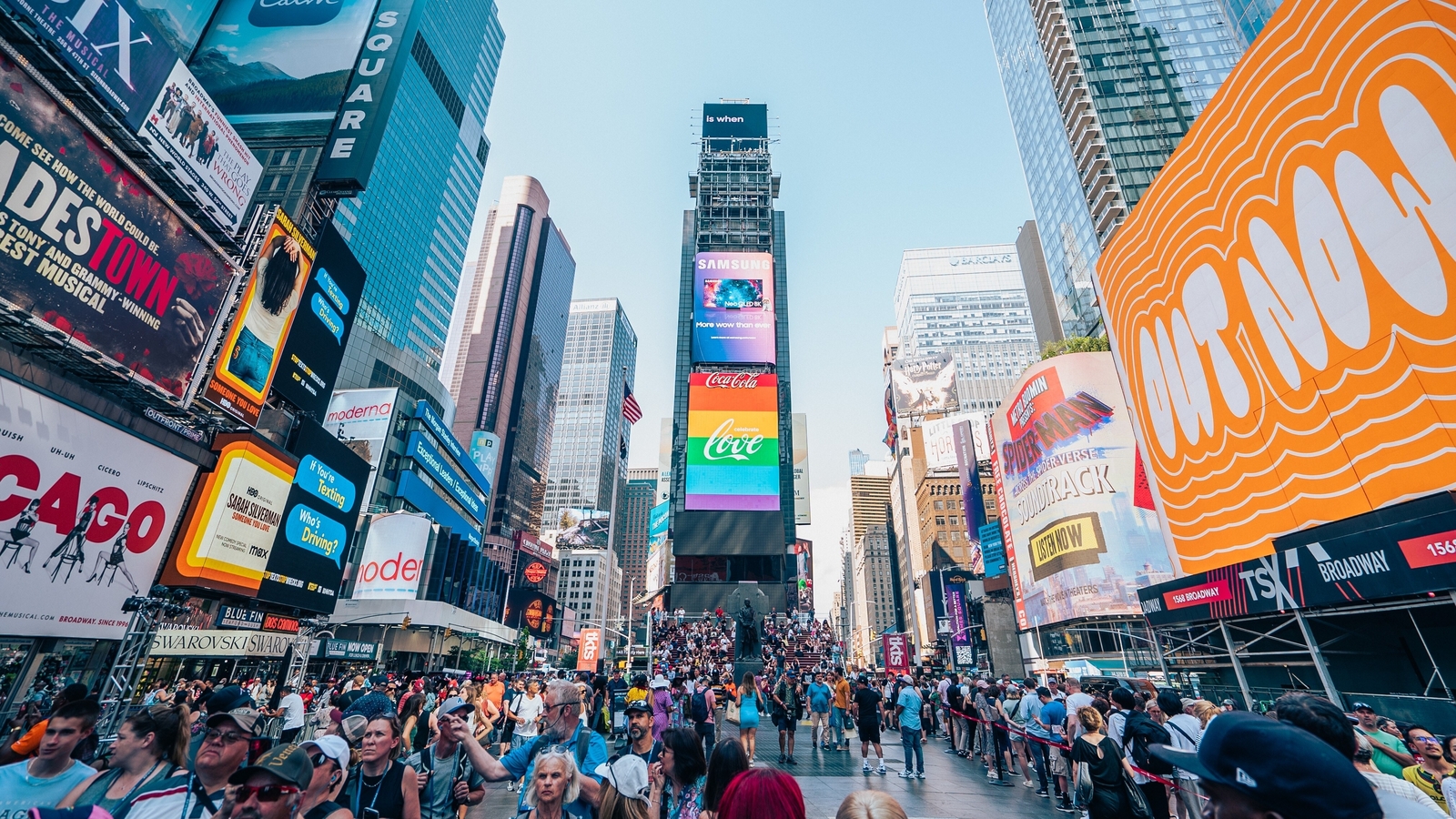

The 2025 Paris Air Show opens its doors on June 16th at Le Bourget airfield, but this year's edition is overshadowed by a confluence of unsettling events. The mood is somber as the industry's biggest gathering commences amidst geopolitical tensions and a tragic aviation disaster.
The recent crash of an Air India Boeing 787 Dreamliner near Ahmedabad has cast a pall over the event. The crash, which occurred shortly after takeoff on June 12th, claimed the lives of over 265 people, marking it as the deadliest aviation disaster in over a decade. In light of the tragedy, Boeing CEO Kelly Ortberg has cancelled his trip to Paris to focus on the ongoing investigation. GE Aerospace, which manufactured the engines for the crashed aircraft, has also postponed its investor day. This scaling back of public appearances by major industry players underscores the gravity of the situation and the focus on addressing safety concerns.
Adding to the tense atmosphere is the escalating conflict in the Middle East. Recent strikes between Israel and Iran have disrupted commercial flights across the region and raised fears of a wider conflict. The Israeli Defense Ministry has authorized the country's defense industry to participate in the air show, but with a more limited presence due to flight cancellations. Despite the conflict, major Israeli firms like Rafael, IAI, and Elbit are still planning to showcase their products. The ongoing Russia-Ukraine war, now in its fourth year, further contributes to the global unease.
These geopolitical factors have significantly impacted the focus of this year's air show. Approximately 45% of the exhibition will be dedicated to defense and security, a notable increase from the 2023 show. This shift reflects the heightened defense expenditures and evolving geopolitical alliances in response to global conflicts. European countries, in particular, are boosting their military budgets, investing in air defense systems, unmanned aerial vehicles, and next-generation fighter jets. The event will feature a diverse array of drones, recognized as vital components of modern warfare.
Despite the prevailing anxieties, the Paris Air Show is expected to facilitate significant business deals. Demand for civil aviation aircraft remains strong, with industry forecasts predicting a need for 43,600 new commercial airplanes over the next two decades. Deals for over 800 civil aviation aircraft are anticipated, driven by the expanding civil aviation market in emerging economies. Airbus is expected to secure substantial orders from Saudi Arabia, while Embraer competes for an AirAsia contract.
The Paris Air Show 2025 convenes with over 2,400 companies from 48 countries presenting their latest hardware. Visitors can expect to see around 150 aircraft, including flying demonstrations of the Rafale, Eurofighter Typhoon, and F-35. The French Air and Space Force will display an Airbus A400M military transport, and the French armed forces exhibit will include various aircraft and a SAMP/T air defense system. General Atomics will showcase a full-scale model of its Collaborative Combat Aircraft (CCA), the YFQ-42A, along with other unmanned aircraft systems.
While the show proceeds, the shadows of the Air India tragedy and the Middle East conflict serve as stark reminders of the challenges facing the aerospace industry. The event provides a crucial platform for addressing these challenges, fostering collaboration, and shaping the future of aviation in an uncertain world.